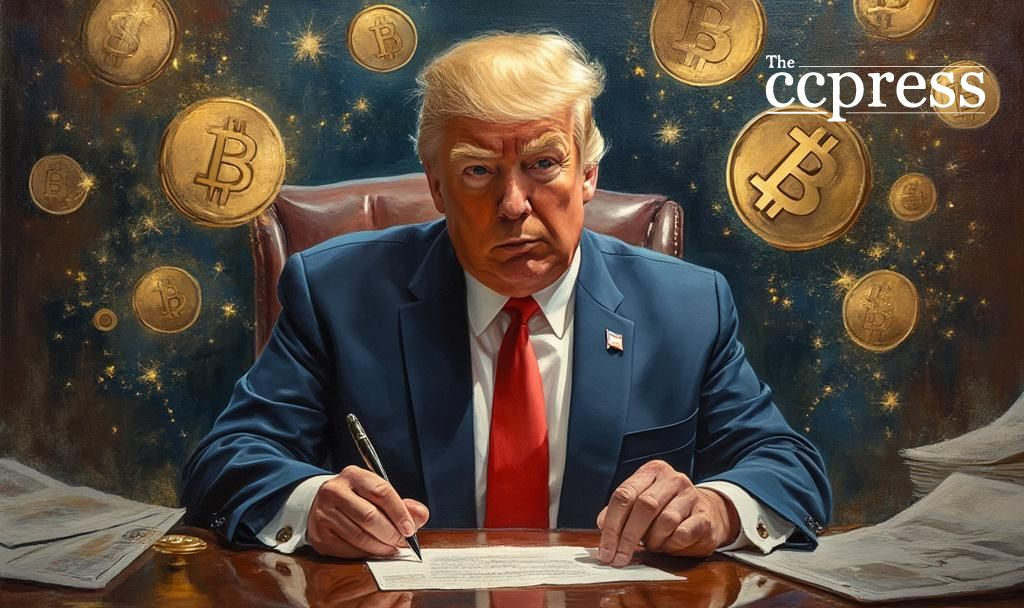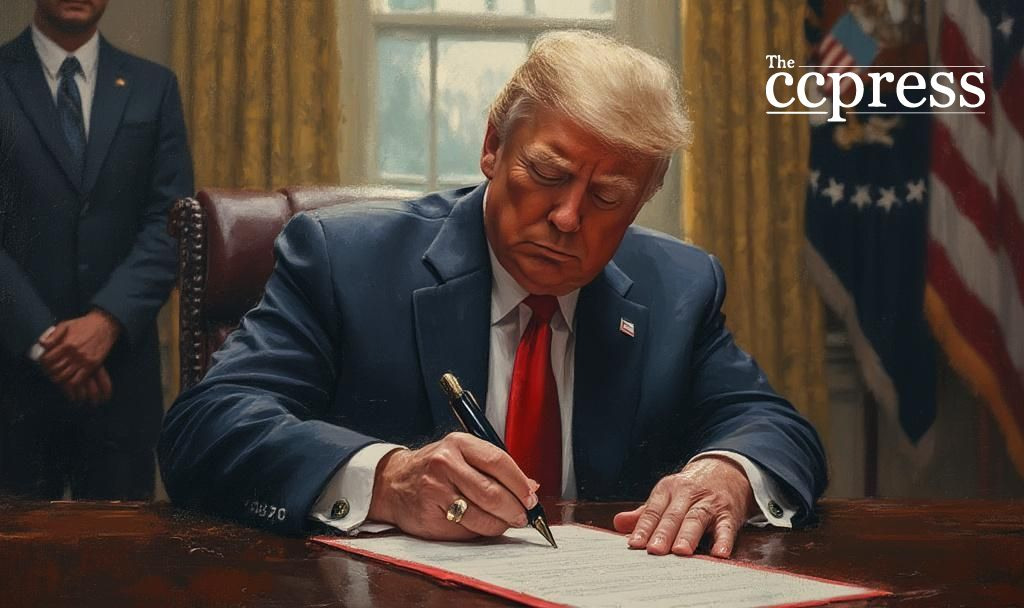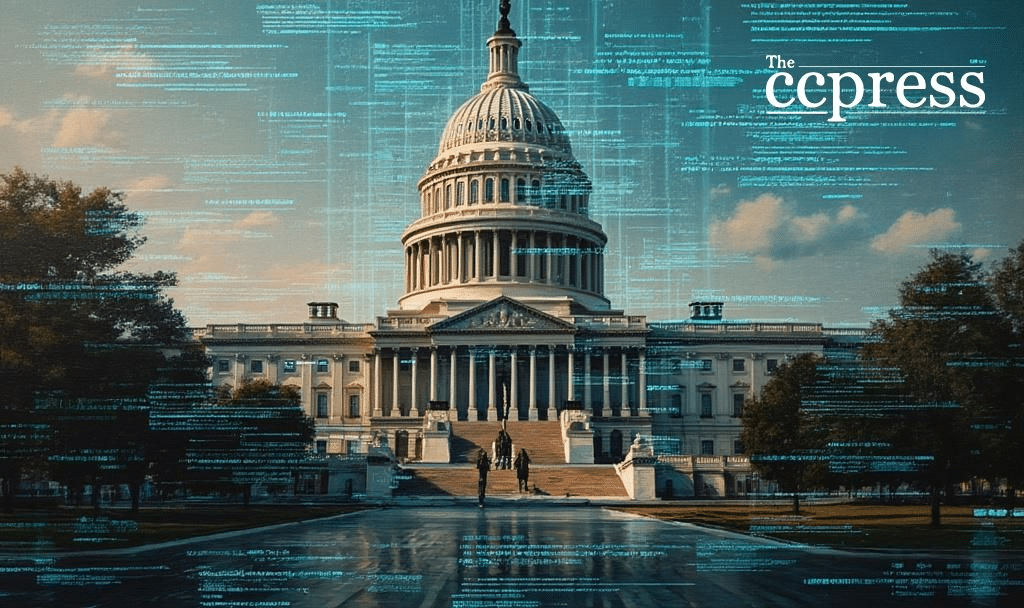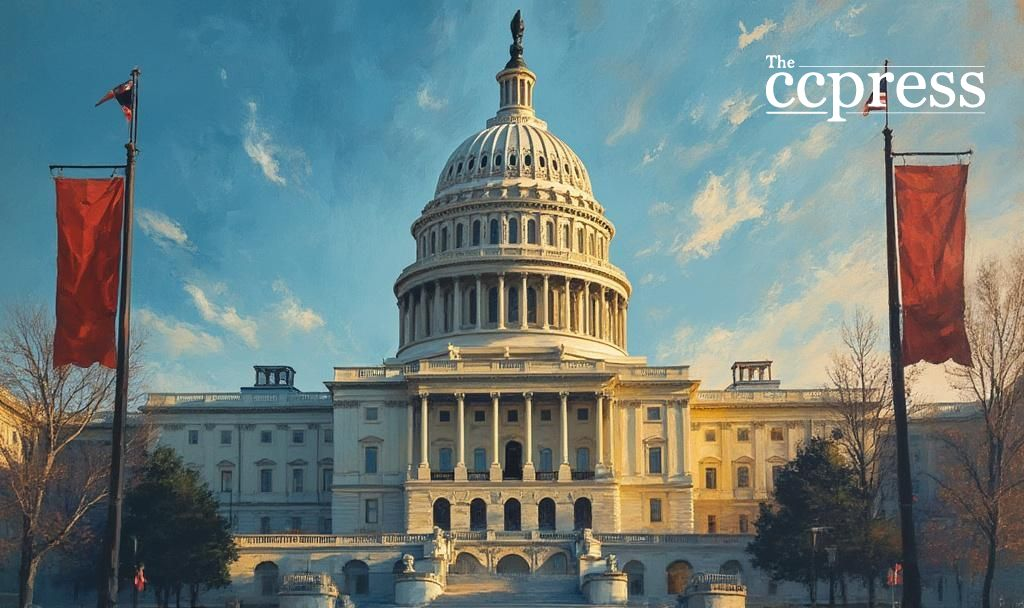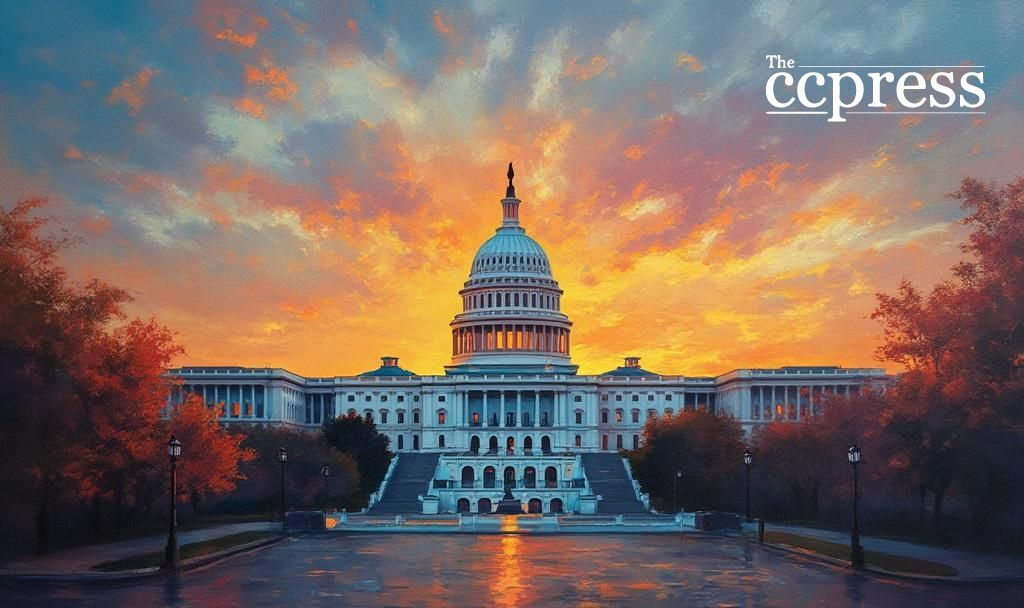- Main event, leadership changes, market impact, financial shifts, or expert insights.
- Trump advocates crypto tax exemption under $600.
- Positively predicts increased crypto transactions in the U.S.

This potential regulatory change promises to lower transaction barriers for everyday crypto users in the U.S., enhancing adoption and signaling a shift in policy perspective on digital assets.
Trump’s Support for Crypto Tax Exemption
In a statement from the White House, Press Secretary Karoline Leavitt confirmed that President Trump supports a de minimis tax exemption for crypto transactions below $600. As she stated, “We are definitely receptive to it to make crypto payments easier and more efficient for those who seek to use crypto as simple as buying a cup of coffee. Of course right now that cannot happen, but with the de minimis exemption, perhaps it could in the future, and we will continue to explore legislative solutions to accomplish that.” This decision is seen as a move to simplify crypto payments for users.
President Trump, formerly a skeptic of cryptocurrency, now backs the industry and envisions the U.S. as a global crypto leader. House Speaker Mike Johnson and Senator Cynthia Lummis, who proposed a similar exemption in Congress, are also significant players in this initiative.
Implications for the Crypto Market
The potential exemption could primarily benefit payment-focused crypto ecosystems, potentially boosting adoption among major cryptocurrencies like Bitcoin and Ethereum. Historical precedents show that current U.S. tax regulations impose barriers to regular crypto payments due to capital gains tax, even on small transactions.
Immediate implications include potential enhancement in crypto wallet activity and anticipation of regulatory relief. Financially, this change may affect tax code compliance costs for both individuals and businesses. Expert opinions highlight that this action could protect citizens from government overreach and encourage mainstream crypto adoption, as expressed by Rep. Andy Harris.
Potential outcomes may include increased transaction volumes and the development of tech and retail protocols supporting crypto payments. Data-driven insights and historical trends suggest that easing tax burdens can stimulate innovation and market interest, paving the way for broader acceptance of digital currencies.
| Disclaimer: The content on The CCPress is provided for informational purposes only and should not be considered financial or investment advice. Cryptocurrency investments carry inherent risks. Please consult a qualified financial advisor before making any investment decisions. |


